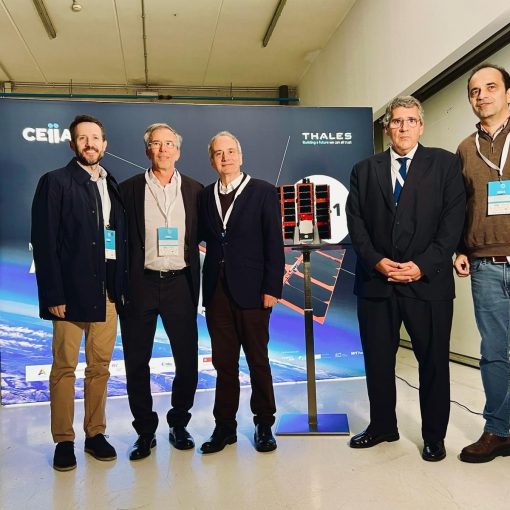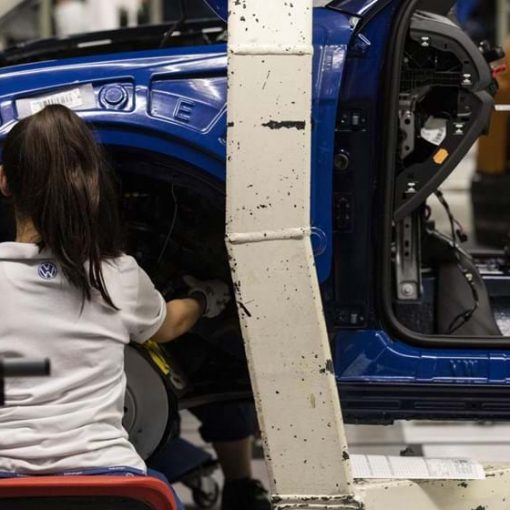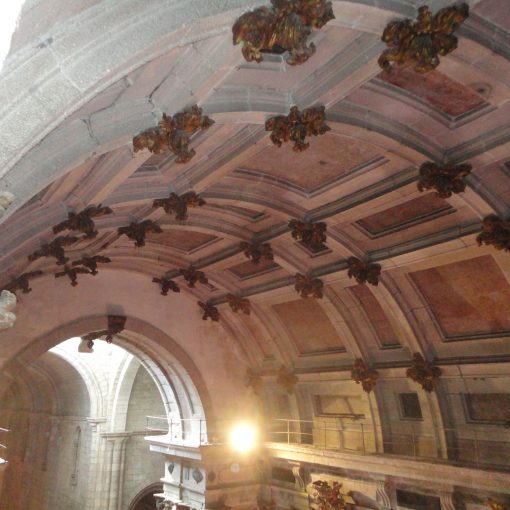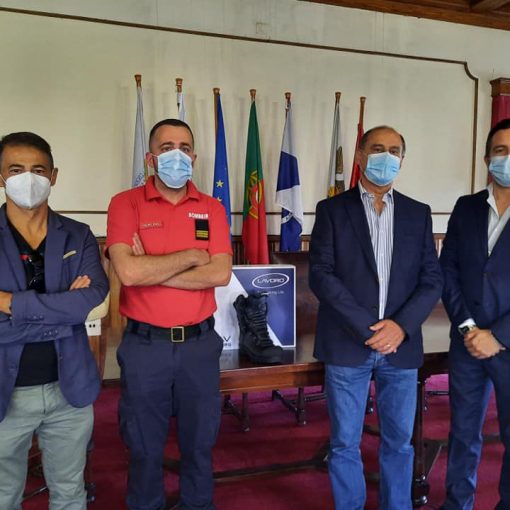INESC TEC is one of the partners of the project “Linha de Saúde 24h”, a free healthcare telephone service for the population of Guinea-Bissau. In a country with hard-to-reach locations, this solution – available to two million people approximately – is vital to support the National Healthcare System.
Ensuring equitable access to healthcare services for the citizens of Guinea-Bissau is the main objective of the creation of the 24-hour Health Line, bringing together INESC TEC, the NGDO VIDA, the Ministry of Public Health of Guinea-Bissau (MINSAP), Camões I.P., the United Nations Development Programme in Guinea-Bissau (UNDP-GB) and the United Nations Children’s Fund (UNICEF) in Guinea-Bissau.
This is the first telephone healthcare contact centre in Guinea-Bissau, completely free of charge, operating 365 days a year, 24 hours a day. With the collaboration of INESC TEC, it became possible to integrate advanced technologies and optimise services, ensuring they’re more efficient, fast and accessible to all.
João Marco Silva, INESC TEC researcher and professor at the School of Engineering of University of Minho, explained that the Institute oversaw the design and development of a computer system to support this healthcare telephone service. “The system supports the screening, counselling and referral tasks of the 24-hour Health Line and will generate reports on the different services provided to the population and Community Health Agents”, he explained.
It is a tool designed to operate in a network through two main entities: one responsible for implementing all the service flows, the system database, the reporting module and the access control module, and a web environment used by the operators and managers of the system to access all its features.
João Marco also highlighted the impact of the technological modernisation of healthcare on the community. “We are talking about a service that will ensure immediate access to medical advice – in addition to, of course, ensuring greater geographical coverage, contributing to reduce the influx to healthcare facilities”.
Crister Ocadaque, coordinator of this project (NGDO VIDA), clarified that the project follows the success of the COVID-19 call-centre, active between 2020 and 2022: “this service proved to be particularly important due to its ability to reach the population, ensuring access to specialised healthcare services in the midst of the COVID-19 pandemic, in a simple and free way, without the need for travel.”
Financed by Camões I.P., and co-financed by UNDP Guinea-Bissau and UNICEF Guinea-Bissau (€661.556), the project will move to the Guinea-Bissau’s authorities in October 2026.
FONTE: BIP INESC TEC



